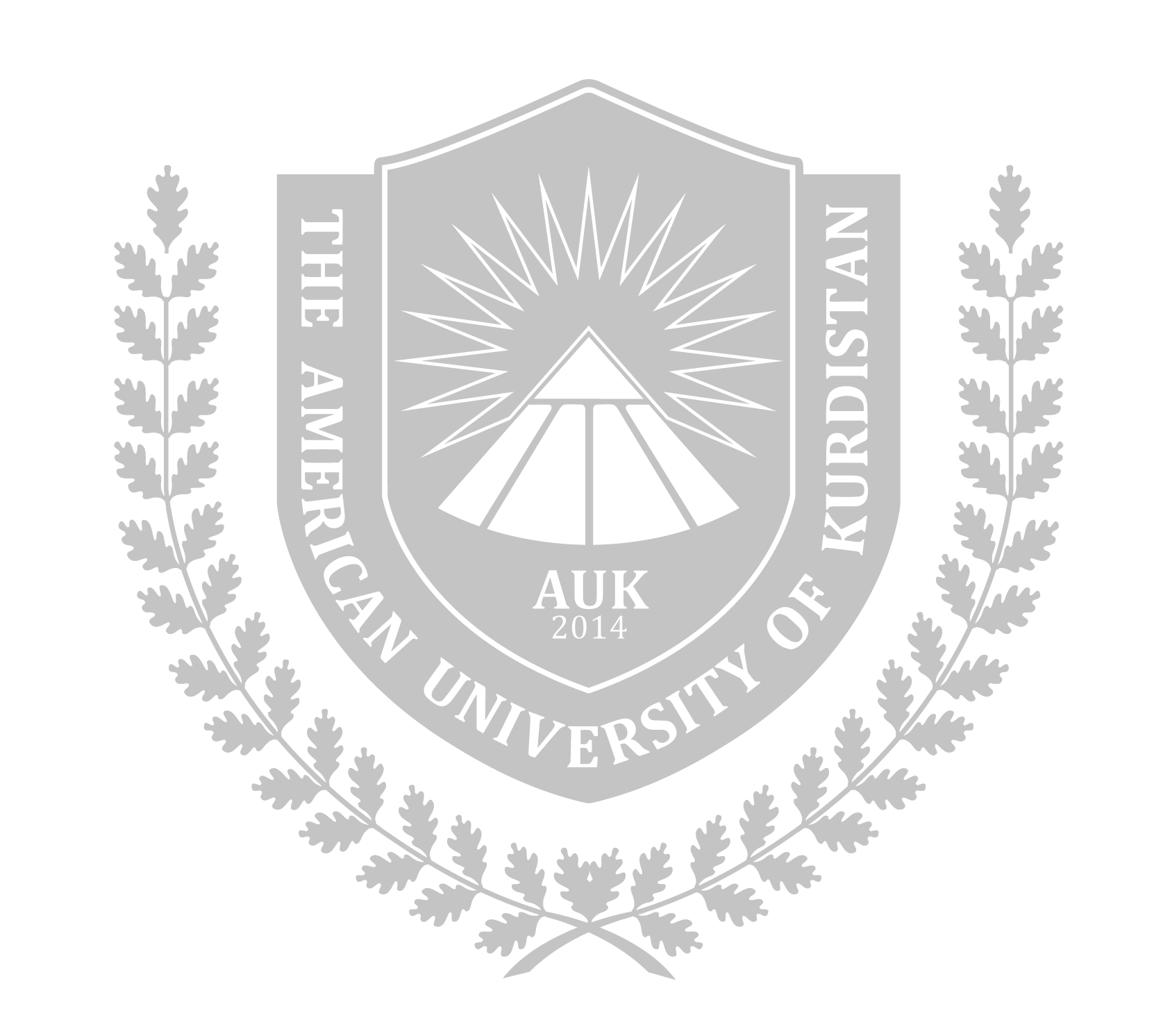A 31-Line Poem about March in the Kurdistan Region
AUK Content Writer Michael Collins created a trilogy of poems for the US “holiday season,” so he thought it would be proper to create a poem for the several holidays in the Kurdistan Region in the month of March. The poem, by design, has 31 lines, to coincide with the number of days in the month. It consists of 14 couplets (pairs of rhyming lines) and 1 tercet (1 rhyming trio of lines).
March Is On: A 31-Line Poem about March in the Kurdistan Region
by Michael Collins
March is among the longest months, having 31 days.
How is March special in Kurdistan? Let us count the ways!
The first day commemorates the passing of Mustafa Barzani, a great man,
To whom the Kurds owe much, for his charisma, for his plan.
Far on the contrary, there was a discredited tyrant, Saddam Hussein;
March 5 applauds those who rose up against him, Kurds in the main.
As part of that same uprising, on March 7, Kurds set Slemani free;
It would be brief, but the inhabitants got to see how life without oppression could be.
March 8 is a holiday not just in one place, but in a slew;
International Women’s Day honors wives, mothers, sisters, and daughters for all they do.
Donning Kurdish tints and textures happened in the past and happens now, too;
National Clothing Day, March 10, is for Kurds to dress as only Kurds do.
Kurds remember March 11 as the day on which they liberated Erbil;
Growing around the ancient citadel, Hewler is their capital still.
Mustafa Barzani was so magnificent he ought to be recognized more than one time;
March 14 is his birthday, and in modernizing Kurdistan the mullah’s influence was prime.
That happens to be the same day that, in 1991, saw the liberation of Duhok City;
It would fall back into Baathist hands until being freed anew – a temporary pity.
March 16 was the day when thousands, in Saddam’s treacherous attack, were gassed;
Kurds never fail to honor their dead, even after the times of troubles have passed.
Kirkuk was liberated on March 21, compared to other cities a little late;
It remains important to Kurds, regardless of its current political state.
For Kurdistan’s Muslims, March 22 will likely be Ramadan’s start date;
For all of them, for a whole month, iftar will be a daily reason to celebrate.
But for the Kurds it is the coming of spring that means a new year.
From March 21 to 23, of ordinary events calendars should be clear.
The torches reminiscent of Zoroastrian times are set ablaze.
Revelry and merrymaking are widespread, liable to amaze.
Nawroz represents for the Kurds the happiest of days.

